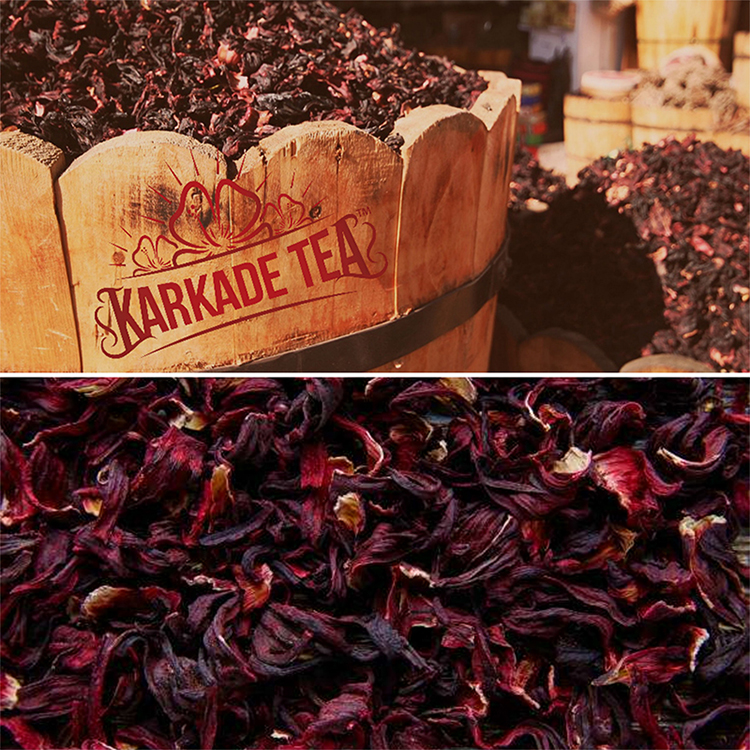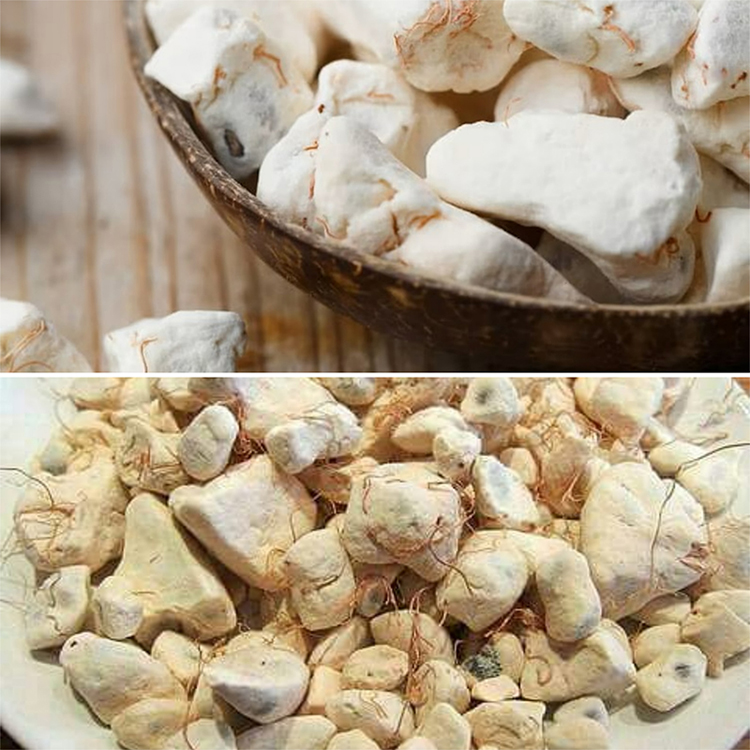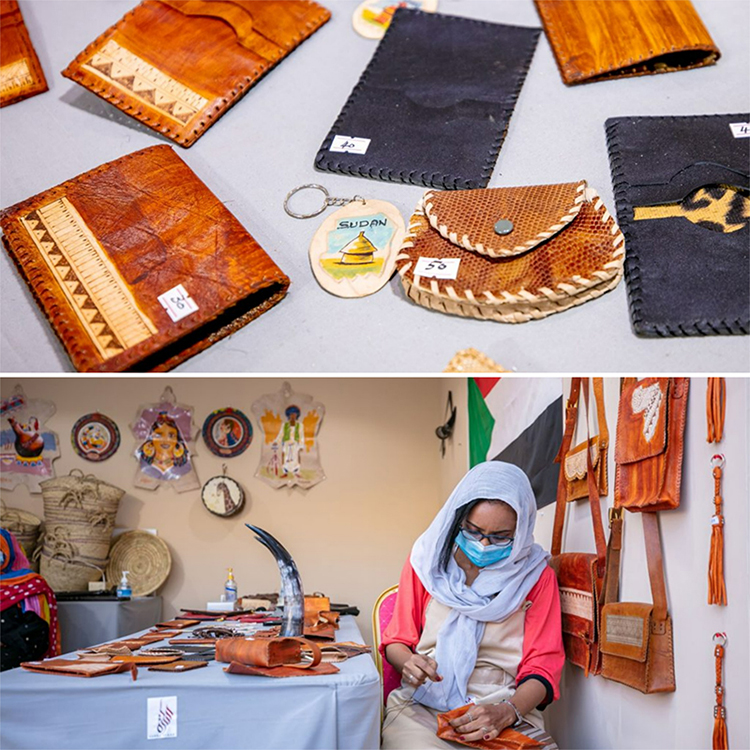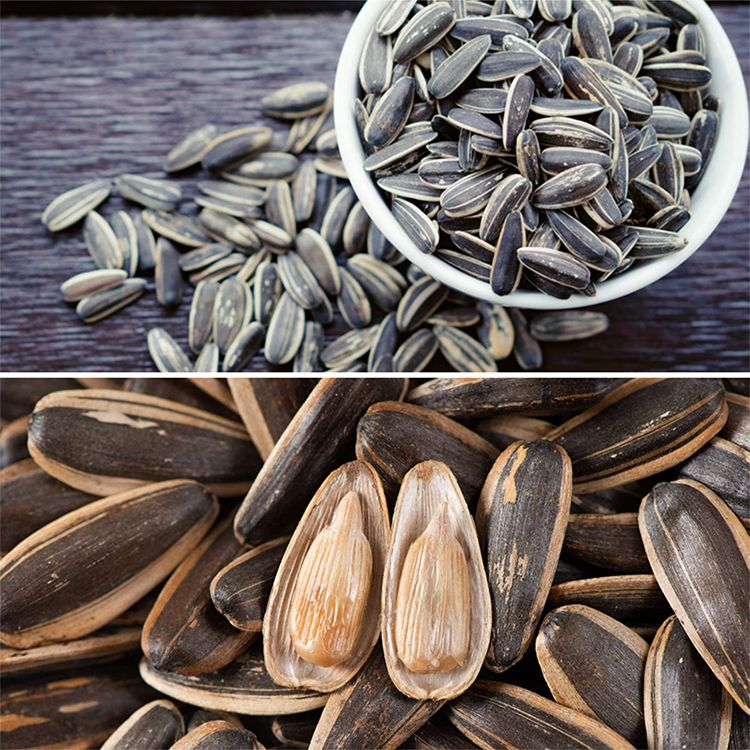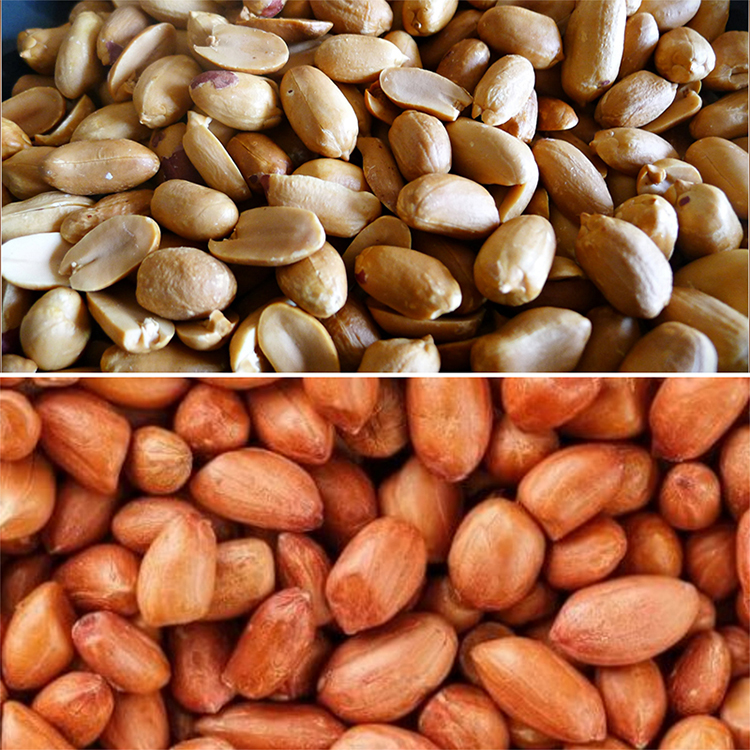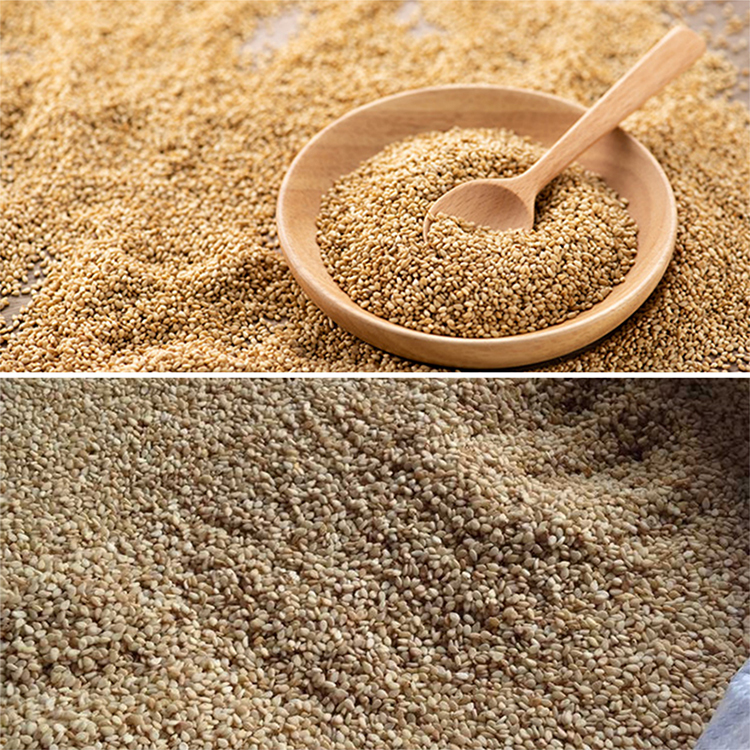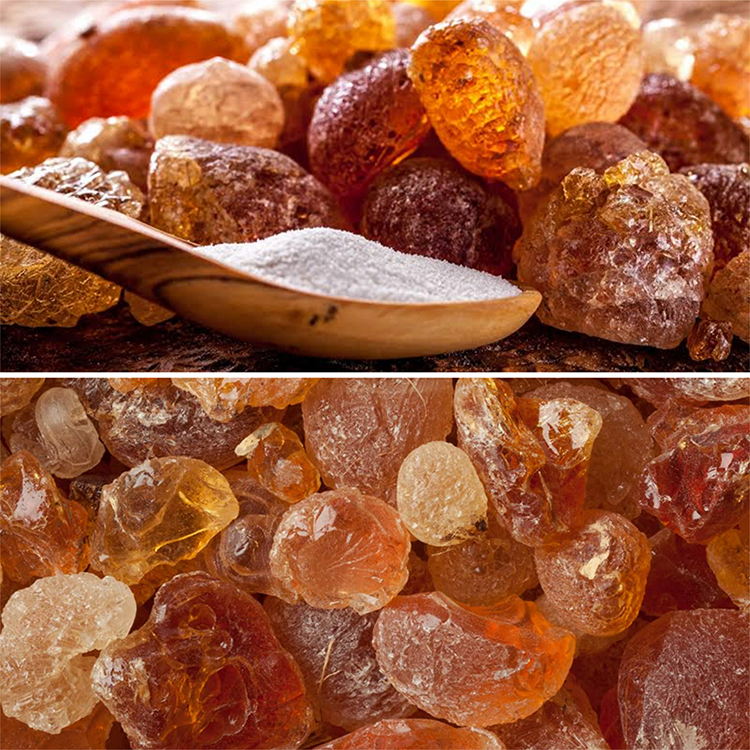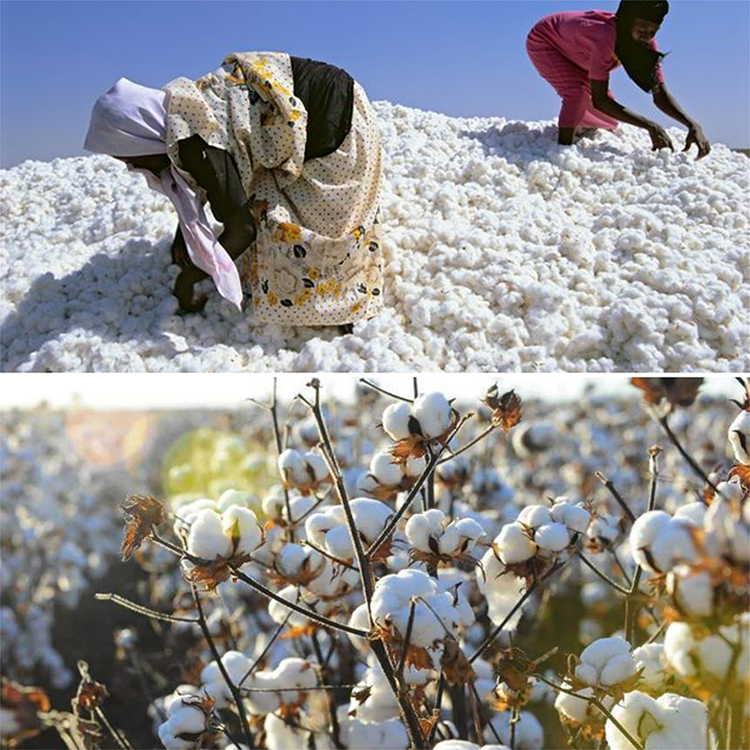Sudanese hibiscus flowers are used in traditional Sudanese cuisine. The plant is also known for its medicinal properties, and the leaves and flowers are used to treat a variety of ailments such as fever and high blood pressure.
Go Further with Sudanese Investors
Sudanese investors partnership allows multiple parties to pool their resources and expertise to invest in a larger and more complex project and venture, which can lead to a greater return on investment and a more diversified portfolio. Additionally, having multiple partners can provide access to a wider range of networks and resources, which can be beneficial for finding and evaluating investment opportunities and managing risk. Furthermore, shared decision making and accountability among partners can also help to mitigate risk and ensure that the venture is well-managed.



